Victims suffer another layer of trauma after murder
Victims of crime are calling for better financial and emotional support from the Palaszczuk government to avoid being buried in red-tape and paperwork while in shock after losing family members.
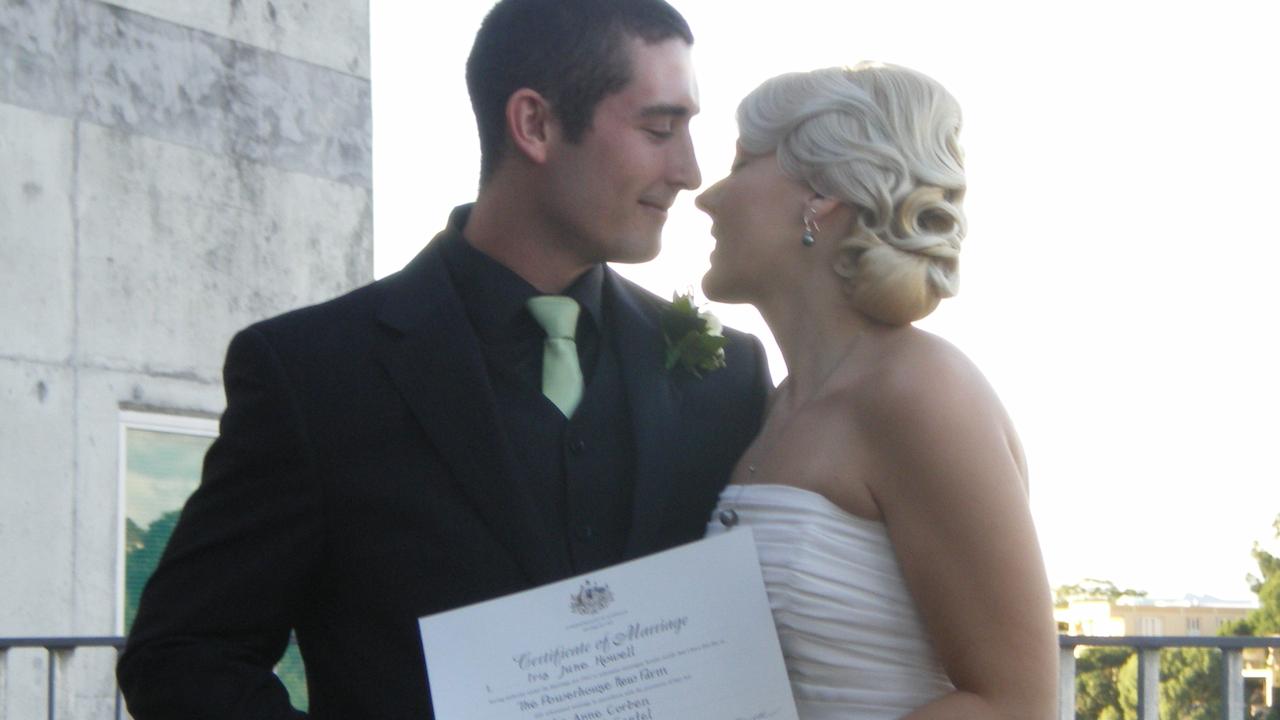
QLD News
Don't miss out on the headlines from QLD News. Followed categories will be added to My News.
Queensland victims of crime are being forced to prove their trauma stems from their family member’s death or their brush with criminals before they are given assistance, according to a leading advocate.
Victims have revealed to The Sunday Mail the emotional challenges they have encountered seeking support from Victim Assist Queensland (VAQ) following the death of their loved one.
Heartbroken and grieving, their claims include being buried in red-tape and paperwork to get help just hours after their family member died, a lack of empathy from the service and inadequate financial help, and “fundamentally wrong” practices.
Victims and advocacy groups are calling for better support from the Palaszczuk government as they try to navigate VAQ.
The government is vowing to investigate how it can improve the support offered to victims, with an inquiry now underway following calls for action from one of its own MPs.
Queensland Homicide Victims’ Support Group – a leading advocacy organisation – wants changes brought in so victims’ families can access help for longer from VAQ.
The group’s chief executive, Brett Thompson, also wants the inquiry to look into the processes that families of homicide victims must go through before they can get government-funded counselling and psychological support.
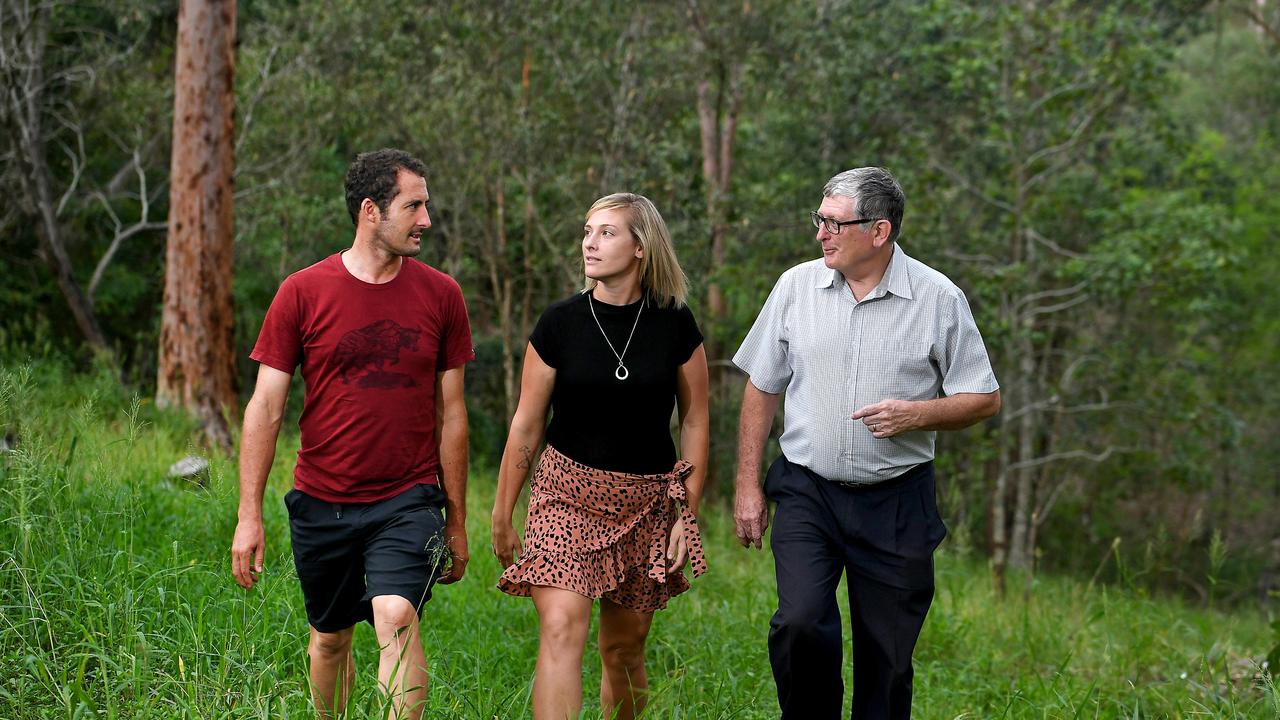
He suggested there were instances where people with a history of anxiety or depression applied for help with VAQ, but were told they had to prove their trauma was due to their family member’s death before they could be given assistance.
“We have seen these conversations play out and I think it’s when legislation meets emotion and they’re on different journeys,” Mr Thompson said.
“So we’re asking someone who may be having difficulty getting out of the house or picking up the phone … ‘you need to go and make a doctor’s appointment please and you need to explain yourself here’.
“I think again coming back to the average person on the street, if you were to say this is (how) victims … access counselling, you’d probably go ‘that seems a bit rough’.”
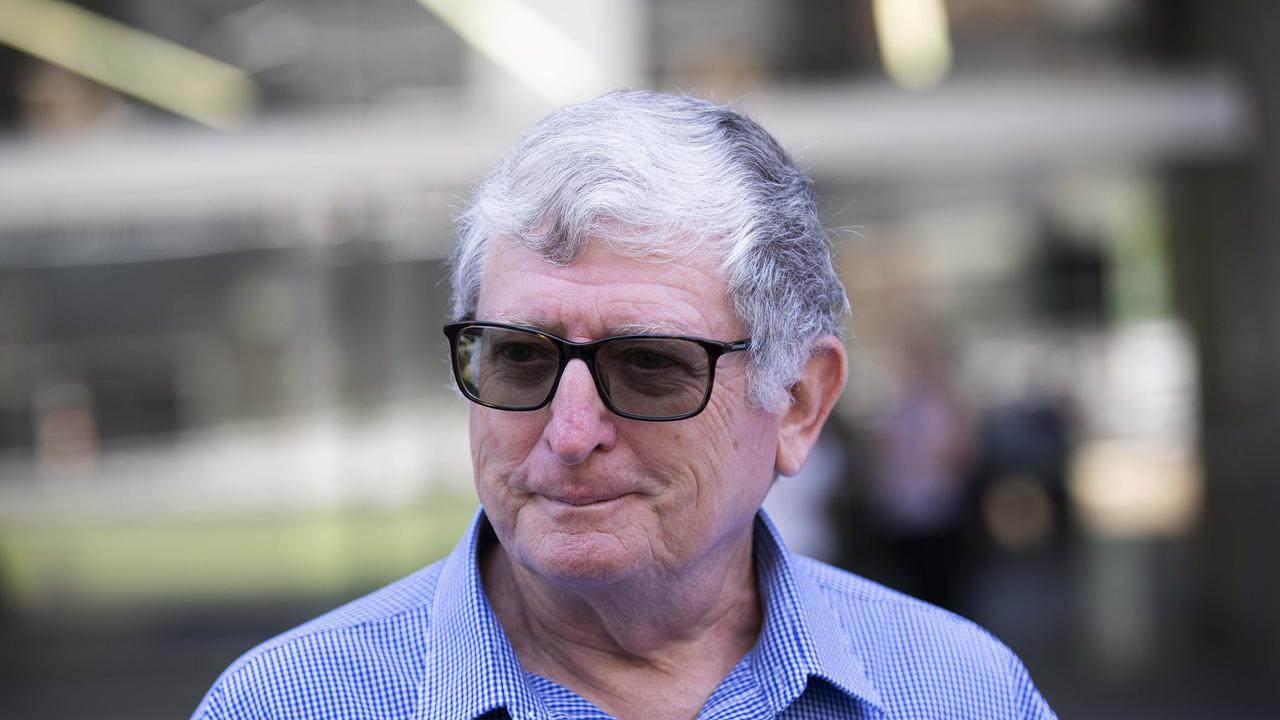
Tony Castel’s son Jarred was killed by his wife, Katie Anne Castel, 39, just days before Christmas in 2017 when she threw a knife into his chest when he arrived home late from work.
Ms Castel pleaded guilty to manslaughter.
The grieving father who was forced to sell his house to afford bills in wake of his son’s death said there was a lack of support for victims of crime, too much red-tape and fundamentally “wrong” practices.
Mr Castel said they first interacted with VAQ in the days after Jarred’s death.
VAQ paid for Jarred’s funeral, and offered reimbursement for expenses like doctors and psychologists.
Just months after Jarred died, his mum’s cancer came back. She fought it, but ultimately passed away.
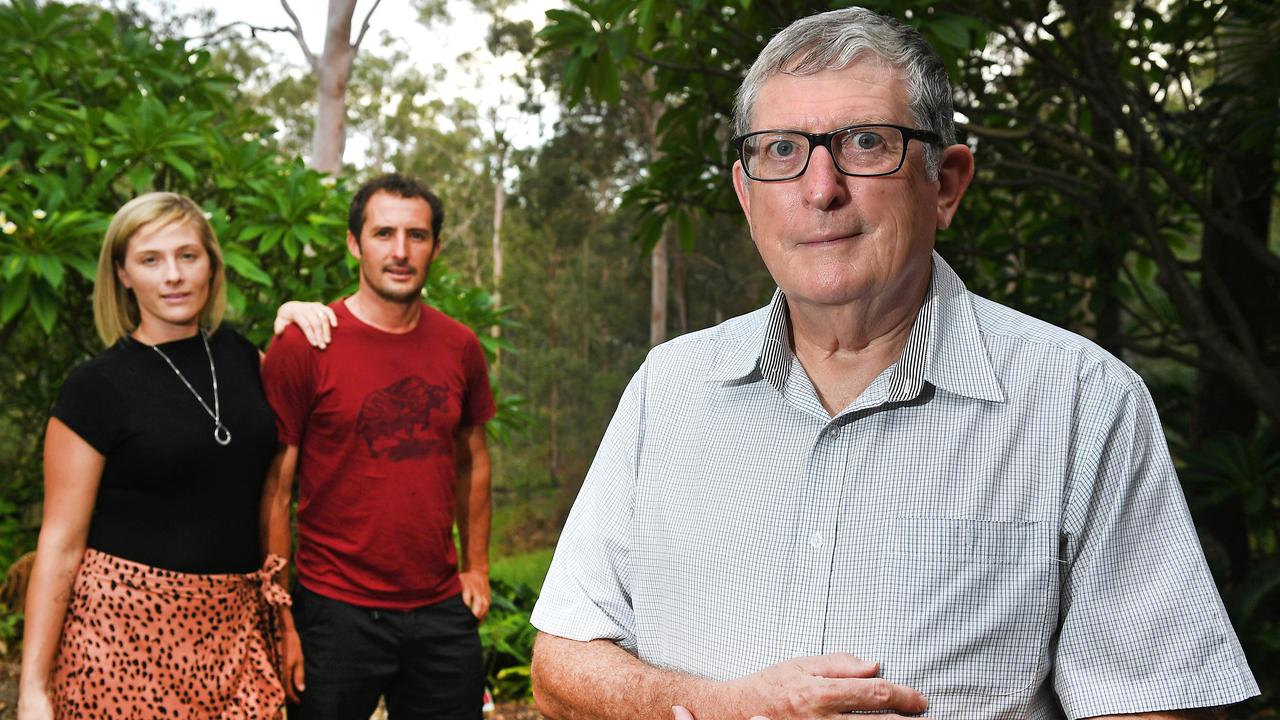
Mr Castel and his wife had accessed counselling, but when Mr Castel went to claim the sessions he was told his dead wife’s were now invalid and he couldn’t get his money back.
“They said ‘no she’s deceased, we’re not paying you’,” he said.
“The principle is wrong, what about those people who don’t have the money?”
The financial support dried up after three years, but the costs kept adding up for Mr Castel.
He estimated to have spent about $600,000 on expenses and costs since Jarred died.
Mr Castel said a longer period of financial support would have helped their family in the incredibly difficult time.
Mr Thompson said the time limit that assistance is given to families to be widened so they can access help for longer, such as when the perpetrator becomes eligible for parole.
Currently, a victim who receives a grant from VAQ can only apply for further assistance up to six years from the date of the original grant – which can be well short of the parole period.
“Now that parole process is a traumatic one,” Mr Thompson said.
“You have the most emotionally adjusted, intelligent people who get to that parole point, and all of a sudden everything comes flooding back and they feel like they’re back at square one.
“But at that point in the journey, there is no additional funding, for example, for counselling.”
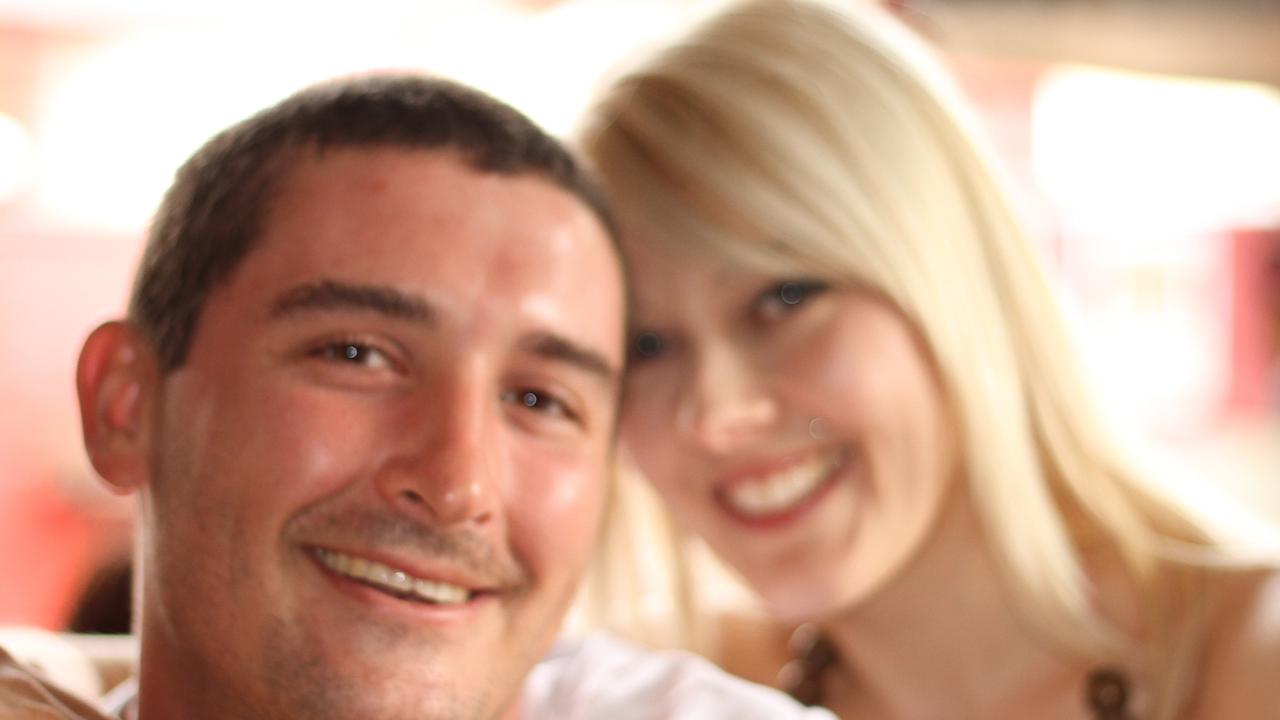
A spokesman for the Department of Justice and Attorney-General insisted the government was committed to providing support to victims.
He said family members of homicide victims did not need to sustain an injury to receive a distress or dependency payment, and could receive assistance for up to 12 sessions of “grief counselling” without medical evidence.
“VAQ recognises that the distress of losing a loved one to homicide is significant and that a family member who requires help by way of grief counselling should have access to it even without a diagnosis of injury,” he said.
“However, if a family member applies for assistance for medical treatment, they must provide evidence that the treatment relates to a psychological injury that arose as a direct result of the homicide. This evidence must be provided by a health practitioner.”
The spokesman acknowledged there were no specific expenses that related to parole hearings, however they said a family member could apply for financial assistance for a broad range of expenses under exceptional circumstances.
Premier Annastacia Palaszczuk announced a parliamentary inquiry into victims’ support earlier this year following calls from Labor MP Jonty Bush, who has been a vocal advocate following her sister’s murder in 2000.
Ms Bush, who is part of the committee overseeing the inquiry, said advocates had fought hard over many years to have the government and community do more for victims of crime.
“But the work is never done,” she told The Sunday Mail.
“And I still speak to victims of serious and violent crime today, who weren’t informed of their rights, who didn’t realise they could access counselling or financial assistance.
“I still talk to victims who felt like they were an inconvenience, or an afterthought through the investigation and prosecution.
“Victims deserve a greater focus in the criminal justice system and certainly I and my colleagues are committed to that.”
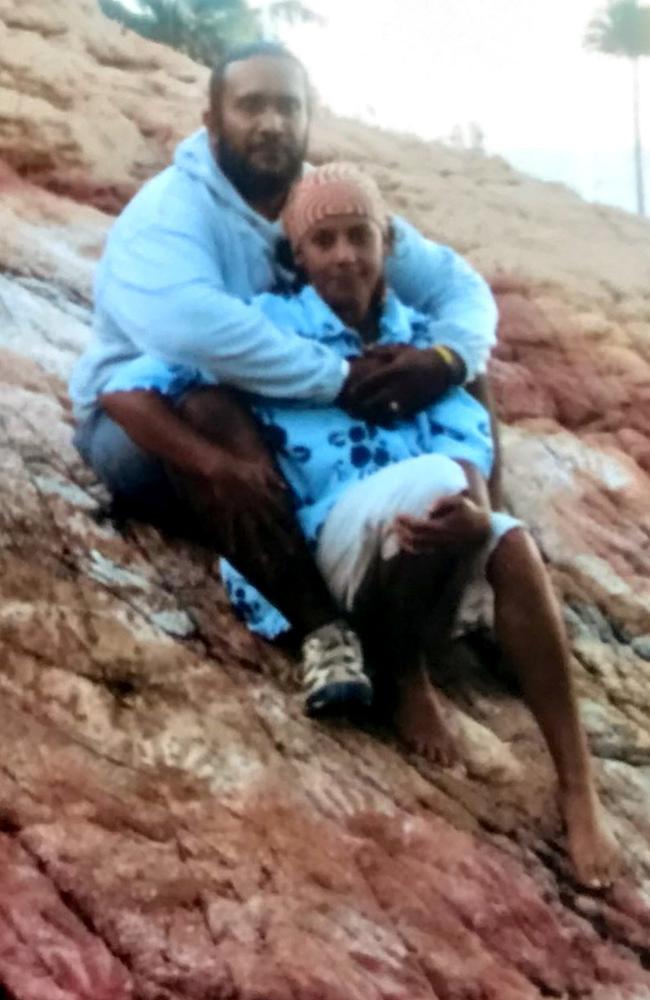
Brett Geary watched his partner April ‘Abby’ Gela die in front of his eyes and still living the nightmare from that day.
Abby, 44, was allegedly murdered by a man who has been charged with stabbing her to death at her Mundingburra home in December last year.
It’s been more than 100 days since her death, and Mr Geary has struggled to get through every one.
“Covered in your loved ones blood because you’re trying to keep them alive … that’s not going to be easy to get over,” he said.
Still smelling of his wife’s blood, Mr Geary was contacted by VAQ after her death to discuss the transfer of funds he would receive as a victim of crime.
But money was the last thing on his mind.
“They made me feel like I won some sort of blood lotto,” he said.
“There was no discourse about the reality of the last 48 hours, just a formal interaction where they were talking about money. And at that time, money wasn’t at the forefront of my mind.”
Mr Geary was given $10,000, which he hasn’t touched because of “survivor’s guilt”, and handed paperwork to seek out his own counselling and support services which could be reimbursed.
For a man who was still experiencing intense flashbacks, trauma and night terrors, Mr Geary said he struggled to even cook or shop, let alone fill out complicated paperwork and book his own appointments.
Mr Geary said his trauma was compounded when he returned to his home and found his wife’s blood still present.
“Victims need annexes of support, not just thrown out into the matrix to do things themselves,” he said.
“I’ve got enough paper work on me now it looks like I’m in first year university. I’ve had to acquire my own people for psychology, and had to do my own research.
“Had I not been a stoic kind of person … another person would be really in dire straits.”
Mr Geary said the only “real support” he had received was from a case manager who he chatted to on the phone.
“Everything else I just felt like a case number.
“They need to streamline the process right from the beginning … figure out what their biggest issues are instead of having their own pre-set proformas.”



